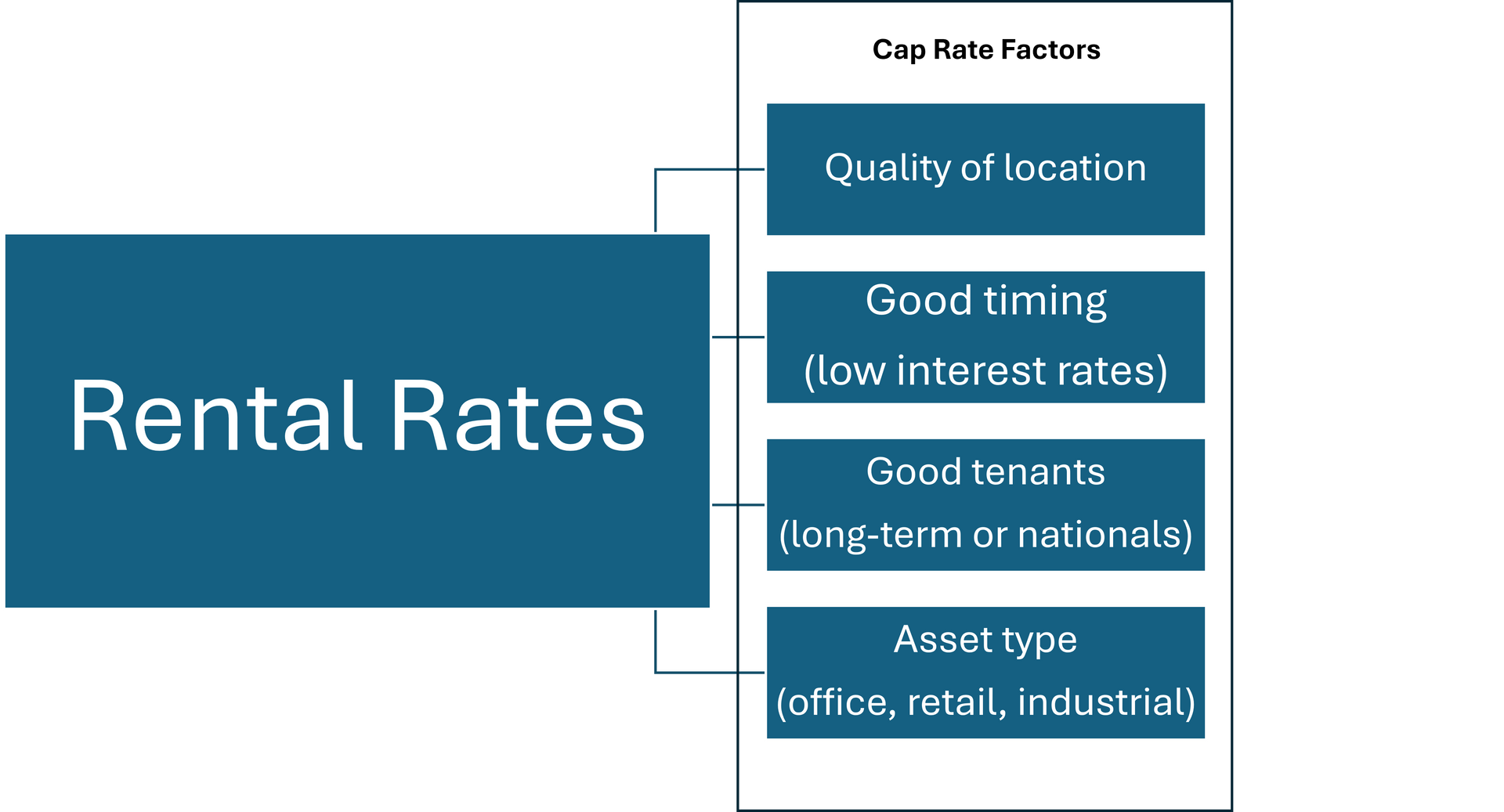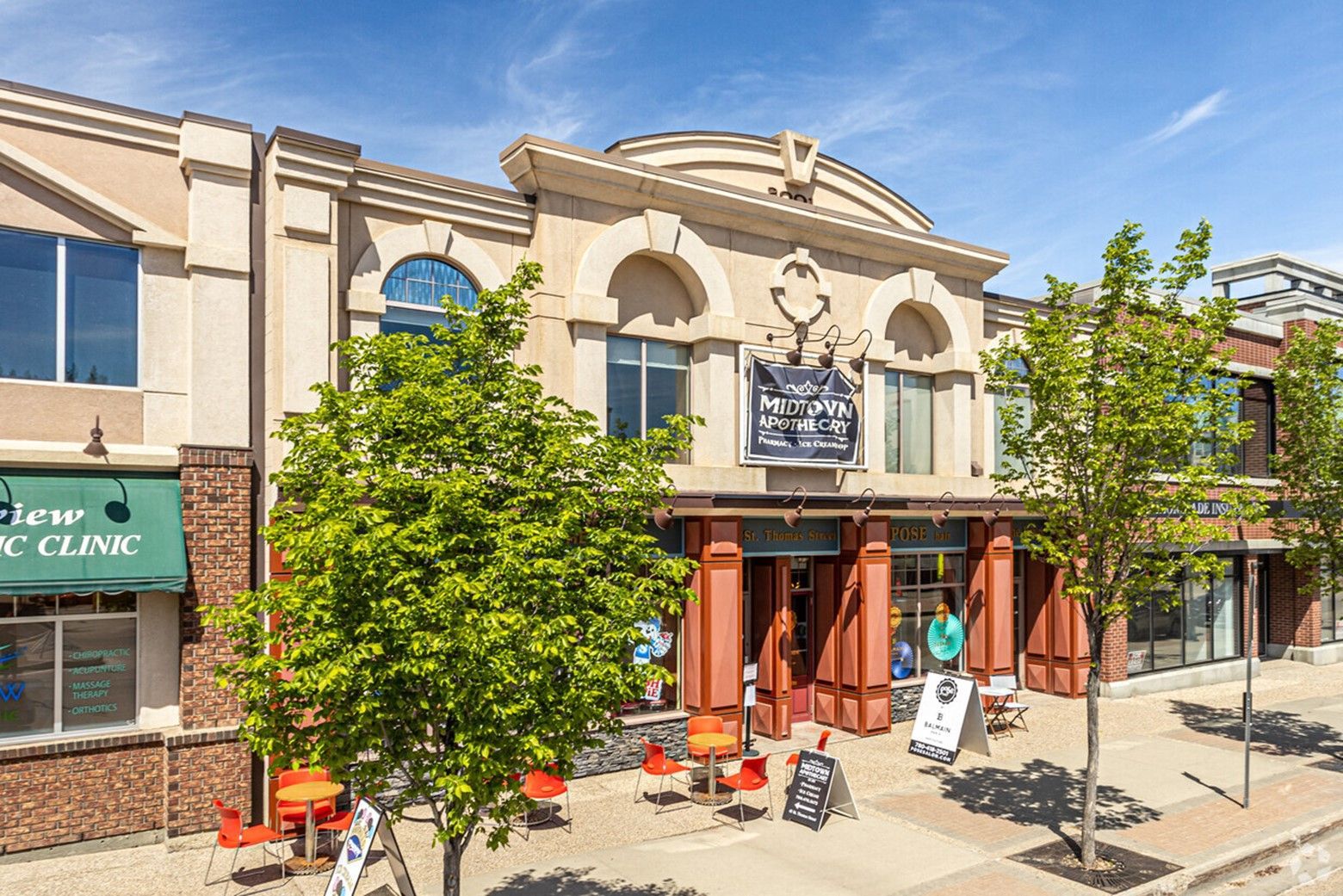Commercial Real Estate Investment Strategies
Commercial real estate has the characteristic of being both very generic and very specific. Generic strategies can be applied to properties and portfolios overall, keeping in mind that the strategy's specific application must be tailor-made for the properties.
Most first-generation millionaires will make their first million investing in real estate, be it commercial or residential.
The first thing to understand is that there will be three generic strategies for real estate plays. Core, value add, and deep value add – this is true both in residential and in commercial.
A core investment will be low risk, stable, and offers long-term but often modest returns. Value add is a property with some level of distress that adds value to the property if it's corrected. Deep value add is a property with substantial distress that requires considerable effort and work to correct; this often comes in the form of high vacancy rates, deferred maintenance, and environmental issues.
These are generic strategies for real estate. What follows gets more specific but is by no means an exhaustive list. Here's a whirlwind tour of some common real estate plays
Owner-occupied
This is extremely common and is how many people get their start in commercial real estate. Why rent when you can own?
They key advantage to this strategy is that you're always in control of your tenant. If the business is viable long-term, you'll have a long-term tenant that always pays rent. The owner can adjust rental rates to increase the value of the real estate asset, or to lower rent to get the business through a tough market.
Additionally, if the business fails, you still own the real estate asset and lease it out to another business, providing additional security for the investment.
The owner-occupied property also provides additional exit opportunities such as the sale-leaseback which has been
featured in other articles.
Long term buy and hold
One of the advantages to commercial real estate over residential is its relatively low labor intensiveness in many scenarios. The long-term buy and hold allows the investor to buy into an asset with some security attached to it and pull cash out of it long-term while building their equity.
Commercial tenancies are often 5+ years, with some leases in the 20+ year range. This means that if the owner charges net rent and recovers operating costs over the term of a long-term tenancy, you can basically just collect a cheque. You have to make sure some reserves are in place, and that maintenance is being performed, but a long-term buy and hold can effectively set the investor up for retirement.
The best strategies here have an exit plan at a particular point in time or an exit planned when a specific criteria is met. Another advantage here is this class of investor will often cash-flow the asset while they pay it off. When it is paid off, the asset has not only paid for itself but often enjoys some appreciation – and so the hold grail of cash flow AND appreciation becomes a reality.
The low management intensiveness also means that the real estate asset doesn't consume so much time that it pulls the investor away from other concerns in their life, such as work and family.
Development
Here we venture into the more lucrative and riskier areas of commercial real estate. Developers deal with value add plays that can involve investors and significant capital investments to get projects off the ground.
This could include land development, taking raw land, and developing homes or commercial developments on the land. It could also include redevelopments, such as building conversions or projects taking an existing building on one title and splitting the title to convert the building into condos.
Development can fit into any asset category, and developers tend to specialize in one particular asset class. This can range from a home builder who builds on speculation, right up to a highrise developer, or a shopping mall magnate, or an industrial park builder.
The key with any development project will be an abundance of vision and persistence in bringing that vision into reality. It often requires juggling multiple parts, including construction trades, banking, sales, and managing investor relations.
For every developer who makes it big, ten have lost their shirts in this arena. It's an area of incredible potential in which the developer can make their dream a reality, but it's fraught with danger and not for the faint of heart.
Land banking (the buy and hold for land)
Land banking is putting a bet on the improvement of a particular area and investing heavily in that area. The maxim for this group is "don't wait to buy land, buy land and wait."
This play often involves buying land on speculation that a particular area is up-and-coming or that a specific project will be approved, giving a lift of value at a future date.
A friend of mine bought 40 acres of land in an area that he anticipated he would see future residential development. He purchased for around $30,000/acre and sold less than a decade later for over $150,000/acre. The land didn't cash flow while he held onto it, and if the area didn't improve, he would still own the land today.
Land deals often can't be financed, so investors either need to be cash-rich or have cash-rich friends to come in on the transaction to put these deals together.
Keep in mind that this is by no means an exhaustive list. These plays overlap and intermingle depending on the specifics of the property.
If you'd like some feedback on a project or want to run a property by us, please reach out to us below. We love looking at deals and would be interested in helping in any way we can.
Tom
tom@lizotterealestate.comNew Paragraph













